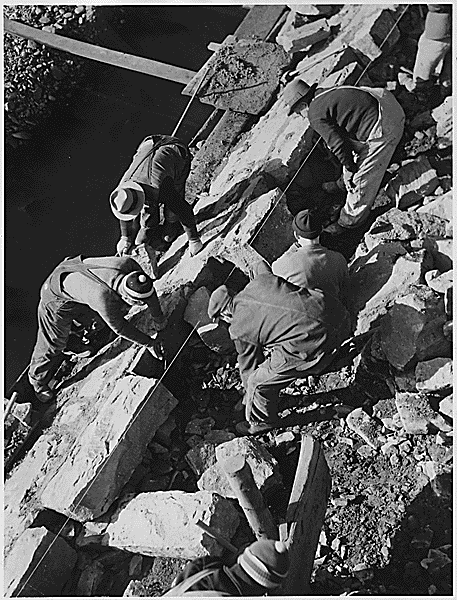
Courage and a Cup of Margin: A Case for Remarkability
Your Proprietary Way is the unique way you provide your services to clients — here’s why you need one.
When looking for a strategic partner, most businesses rely on one of three options: they ask peers for referrals, they embark on a Google search, or they generate an RFP. While there’s a time and place for most processes, I’ll demonstrate that – for complex business challenges like marketing – an RFP is probably the worst way to pick a partner.
In theory, an RFP sounds great. It purports to provide the buyer with a tool to level the playing field, and the rationale goes something like this: By comparing apples-to-apples, the buyer can wrangle the best price while maintaining quality and transparency. Even better, all the work is foisted on the RFP respondents, so the buyer is able to make a minimal time/money commitment to the process. For the issuer of an RFP, the process seems like a dream comes true…

RFPs are fantastic for picking a vendor to solve a simple problem with a simple solution. Designed to commoditize the service being provided, RFPs are an ideal tool for buying well-defined services and products. So, when you have a simple problem like, “dig a ditch, 30 yards long and 3 feet deep,” the RFP helps to pick your perfect ditch digger. You can craft the RFP with all sorts of caveats and specifics like, “the ditch must be finished within 1 week,” or “the ditch digger must account for any unforeseen problems, like rocks and underground utilities.” With a relatively simple objective, the buyer can control the definition of the problem and solution, and get the lowest possible price.
And here’s the rub with RFPs: While they might be a useful tool for commodity-based services or simple solutions for simple problems, they’re blunt instruments for selecting a partner to help with your complex business problem. If you’re considering issuing an RFP, stop now and read my top 5 reasons why this is a bad idea:

Some lines of work are indeed a great fit for RFPs. If I were in the business of buying raw materials for my manufacturing plant, for instance, an RFP is a solid option for picking a supplier. There is very little that differentiates one commodity supplier from another, so the driving force (price) fits in line perfectly with a bid-type structure.
When it comes to Kinesis it's a wholly different situation. When we hire professional service providers and outside experts (something we do frequently and successfully) we steer clear of RFPs. Instead, due diligence, reference checks, and values alignment form the foundation of partner selection. In part two of the series, I'll outline this process, and show how you can get great partners each and every time.
Get insights like this straight to your inbox.